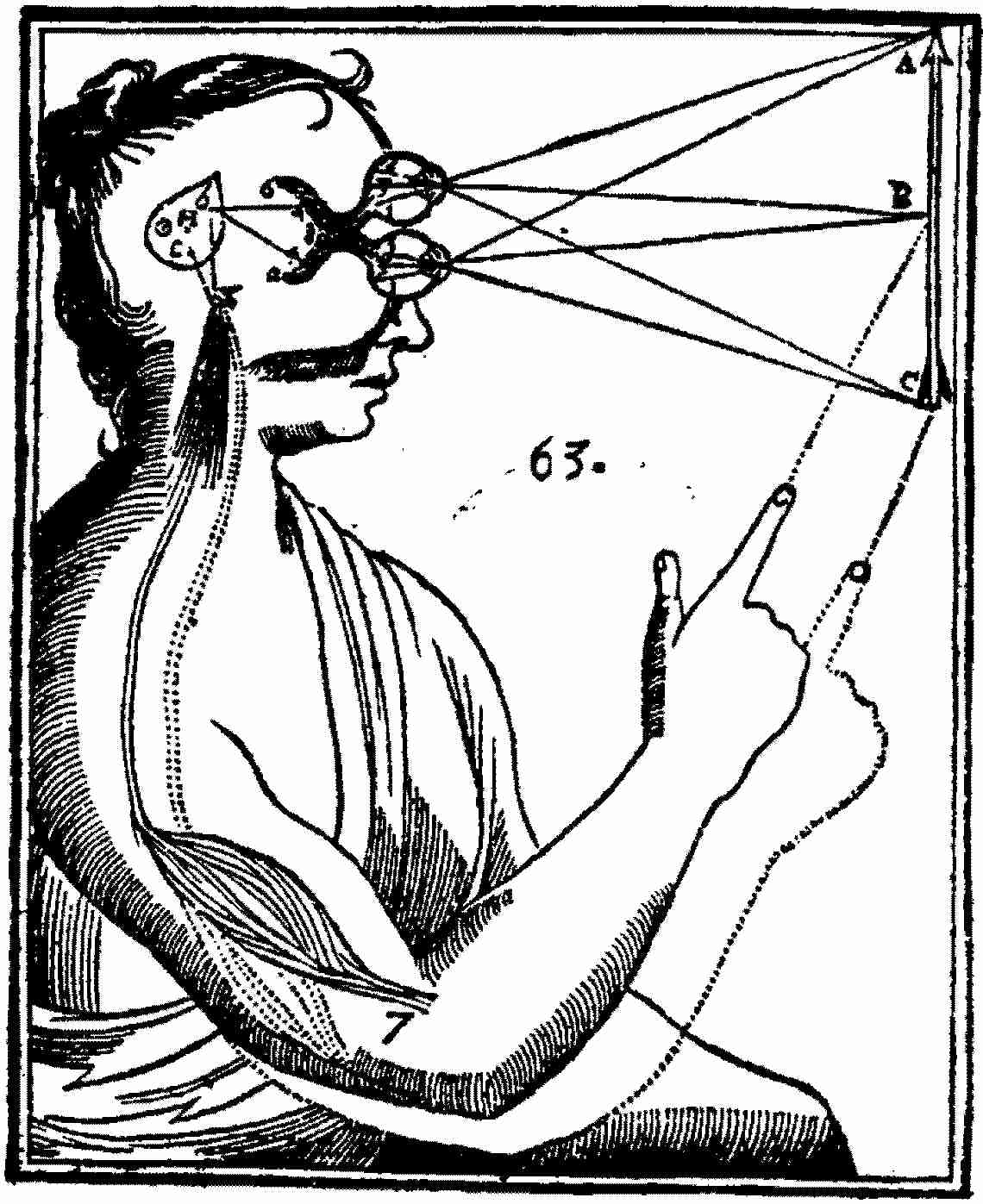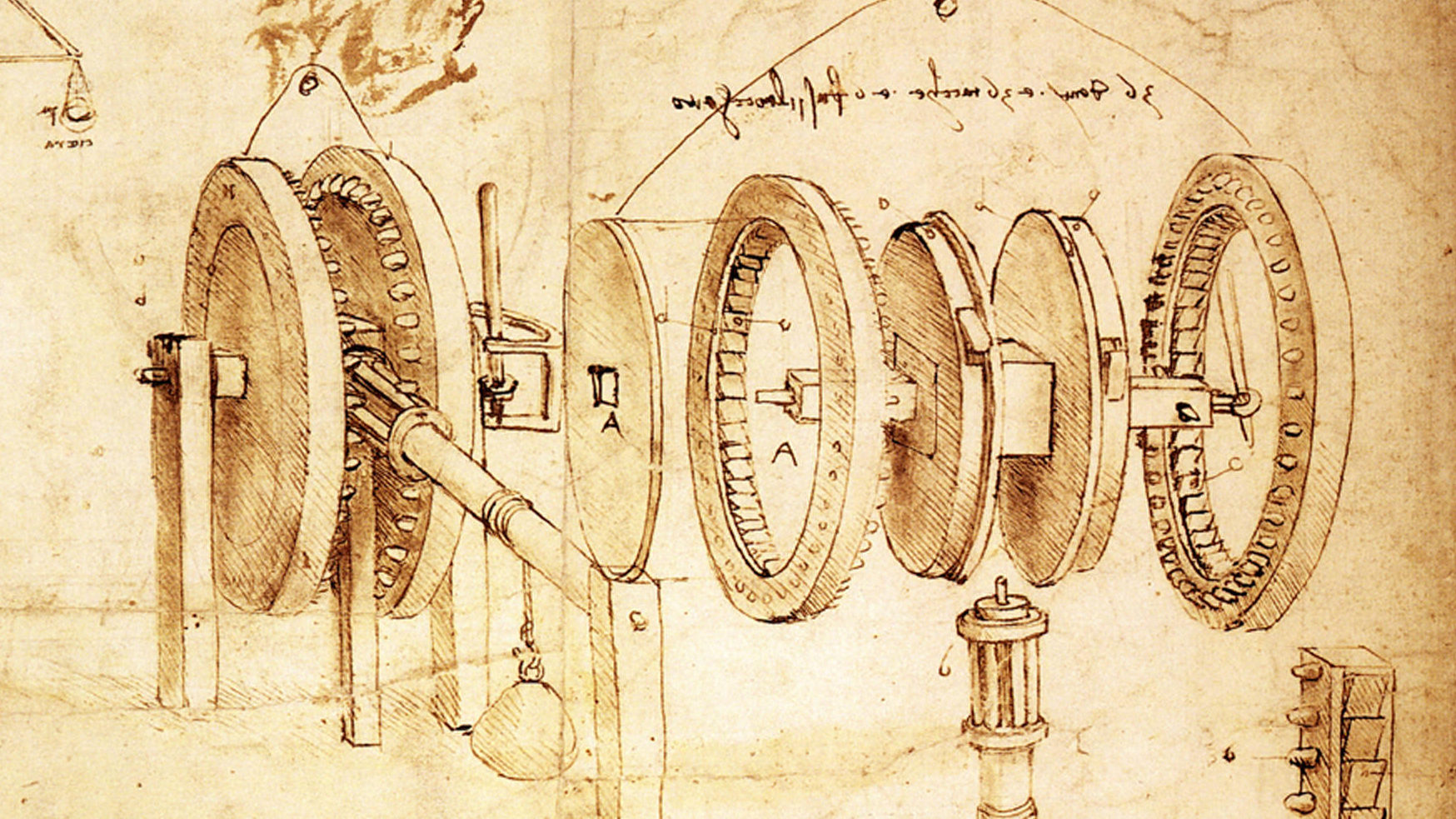Irene Binini and I, together with other colleagues including Elżbieta Jung, Monika Michałowska and Robert Podkoński will run a seminar next year on the Oxford Calculators’ tradition, broadly understood. The highly sophisticated and technical character of the Calculators’ works, the great number of thinkers connected to this trend as well as the variety of topics they covered in their works make it very difficult for isolated researchers to achieve a full understanding of this tradition. This is why we came up with the idea of organizing a seminar bringing together scholars interested in the different aspects of the Calculators’ tradition, aiming at fostering the exchanges of results, data of research and ideas on this school and, more generally, paving the way for a collaborative network on these authors. Because of the geographical distance between the researchers interested in this tradition, the plan is organize an online seminar that will start in September, with meetings taking place every 2 or 3 weeks.
Although the main point of this seminar would be to bridge fields of research that specialists of the Calculators have tended to study separately, like logic/semantics and natural philosophy, ethics and theology, these meetings will be open to anyone interested either in the Calculators themselves, their successors and their influence or their historical opponents and competing schools. We hope that this seminar will help better understand this fascinating and yet very complex philosophical “school” and its influence on the history of late medieval thought.
If you are interested in either attending or presenting a paper, please contact me or Irene. All are welcome: the more the merrier!
Sylvain


